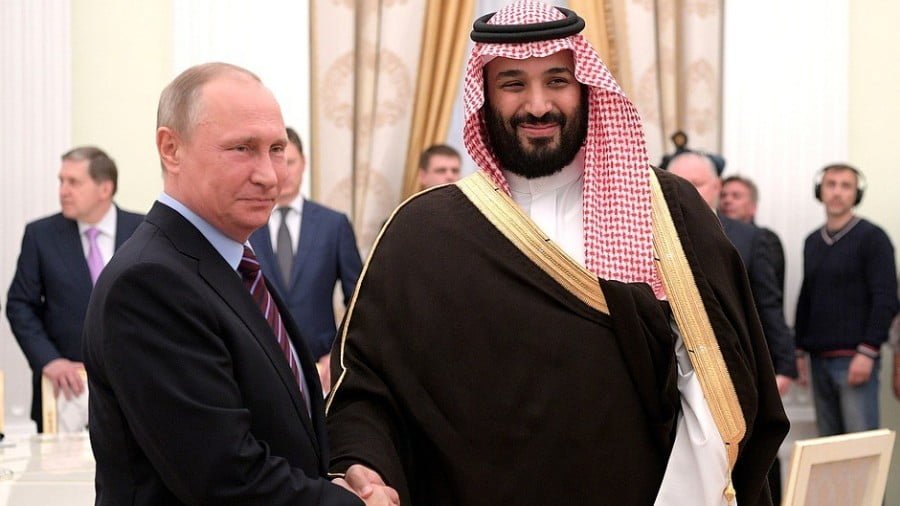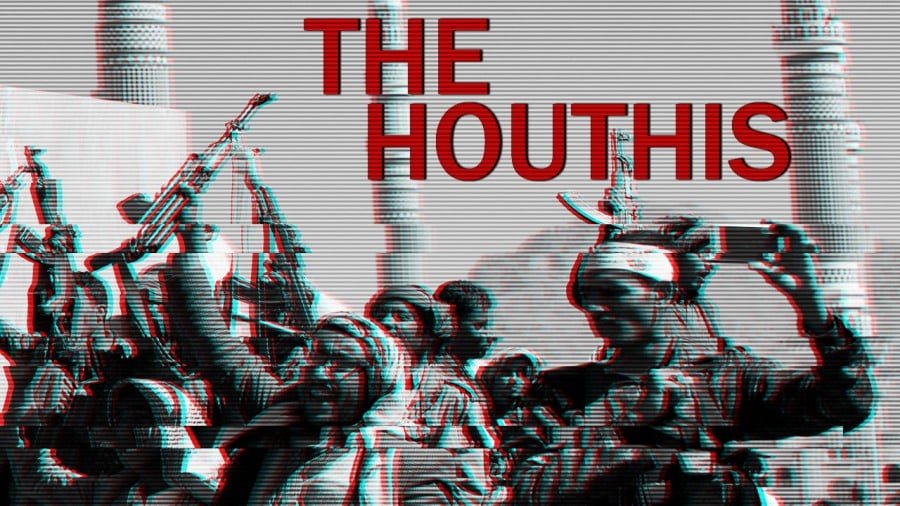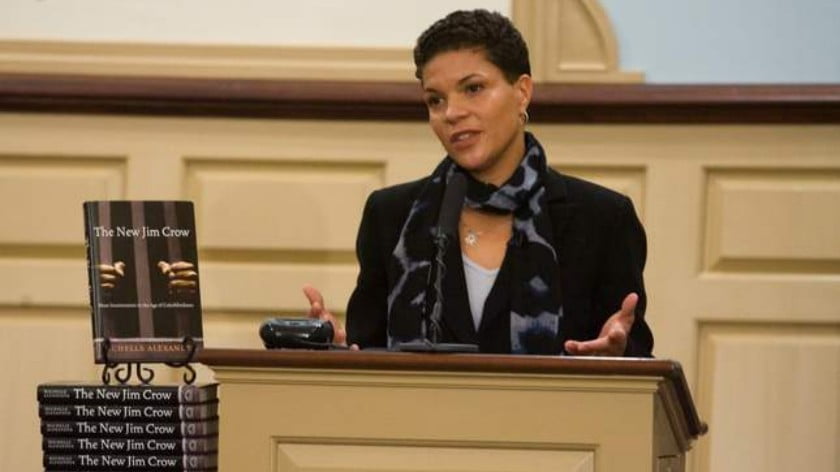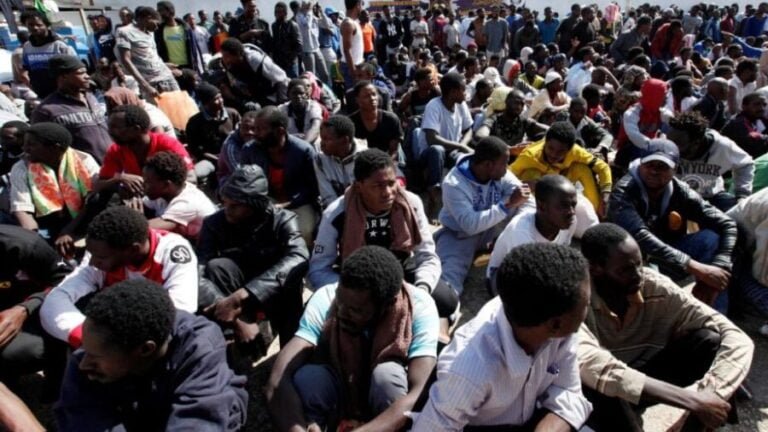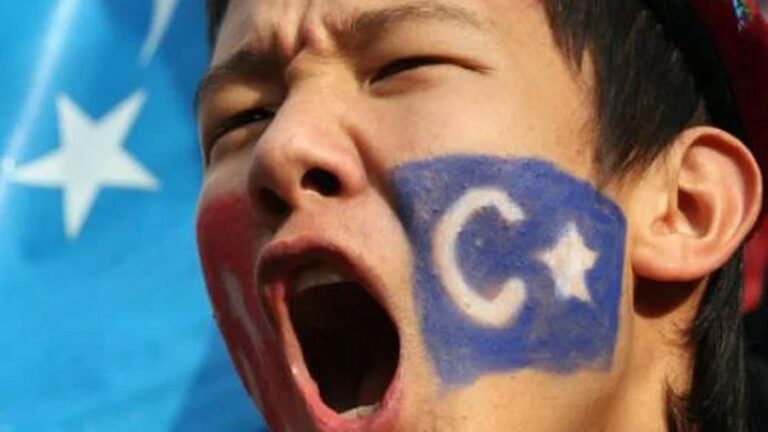Cameroon and Russia Start Working More Closely Together
Despite the distances that separate the two regions, Russia and Africa have been bound together by close political, economic and cultural ties for many decades. In the West, African nations tend to be associated with poverty and a lack of development, and receive little media coverage, but in reality many countries on the continent have experienced a great deal of economic growth in the last few years. In addition, a number of integration projects are under development and making rapid progress in Africa. These projects will give African nations more influence in the international community and make them attractive partners for many other countries, not least Russia. Many of the countries in sub-Saharan Africa are experiencing a rapid growth in GDP, and some have been referred to as African Lions, by analogy with the Asian Tiger economies. The size of the middle class is growing rapidly across the continent.
Russia is interested in developing its diplomatic ties with all African nations. Not a single African country is included on the list of “unfriendly” nations published by Russia in March this year, following the imposition of openly anti-Russian sanctions by the US and a number of its allies. Russia has bilateral contacts with many African nations and also works together with the African Union and with regional international associations on the continent. Russia’s links with certain African countries have been developing particularly rapidly over the last few years. Cameroon is a particularly good example.
More than 2000 management-level staff in Cameroon, including many specialists with senior positions in the state or private sector, have studied in Russia. Russia and Cameroon have established a joint educational institution which provides training in professions related to forestry and wildlife management, as well as a specialist agronomy institute. Cameroon is also home to a number of Russian companies, including LUKOIL, Rusgazengineering, Café de Moscou and Zarubezhvodstroi.
Cameroon has been fighting against militants from Boko Haram (prohibited in the Russian Federation) for many years. On May 22, 2014 the UN Security Council classed Boko Haram as a terrorist organization. It poses a particularly serious threat because the militants’ are able to cross the border between northern Nigeria and Cameroon without obstruction. Ever since it carried out a number of operations in which it captured hostages, Boko Haram militants have regularly crossed the border into northern Cameroon and mounted displays of force (for example by stealing cattle or destroying crops) and then disappearing. These attacks have had a serious effect on the economy in northern Cameroon, forcing tens of thousands of business owners who were dependent on trade with Nigeria into bankruptcy. This region used to be the country’s second most important source of customs duty payments (not counting duties from the oil industry), after the coastal region. But the customs posts were closed and trading discontinued as a result of the terrorist raids, and the region has experienced a catastrophic economic decline. Schools, hospitals and other buildings, and in some cases whole villages have fallen into disrepair, livestock has been stolen and tourism has dried up, causing a significant fall in the region’s GDP. According to national media reports, the national budget is losing $740 million a year in unpaid revenues as a result of this situation.
Cameroon has been forced to take military action against Boko Haram in order to prevent it from causing even more damage. In a bid to stop the group from using Cameroon – which has established itself in Nigeria – as a secondary base for its operations, Cameroon’s government has developed a policy known as Global Threat – Global Response, which involves a partnership between the national army and security forces and local popular militias, plus support from abroad. However, France, the most influential foreign power in the region, failed to provide Cameroon with the hoped-for support for its fight against foreign terrorists. Yaoundé was therefore forced to look elsewhere, and, inspired by Russia’s military partnerships with Mali and the CAR, it turned towards Moscow.
And thus, according to an announcement by Cameroon’s Ministry of Defense, on April 12 “on the instructions of Cameroon’s Head of State Paul Biya and Russian President Vladimir Putin, Defense Minister Joseph Beti Assomo and his Russian counterpart, General Sergei Shoigu, signed the documents that define this new military cooperation.” In the 13-page document the two parties agreed to exchange views and information on defense policy and international security, and to develop relations in the areas of joint professional training, medicine, cartography and military hydrography. The two countries also agreed to share experience and work together on peacekeeping operations under the aegis of the United Nations, and to cooperate in areas including maritime search and rescue operations, the fight against terrorism and piracy, and other areas agreed on by both parties. Under the agreement, “the Parties agree to cooperate on military and technical matters to meet the defense and security needs of the Parties in relation to: the supply of arms and military hardware, ammunition and other military materials, and the supply of spare parts, assemblies, connections, instruments, special training and support equipment and components for military equipment.” The document also states that Russia will provide military and technical support.
In addition to their military cooperation, in recent years Russia and Cameroon have developed close links in other areas. Moscow has promised, as a matter of priority, to supply Russian wheat to a number of African countries, including Cameroon, despite the West’s claims that Africa is threatened with imminent famine as a result of interruptions in supply caused by the conflict in Ukraine. Even before the outbreak of hostilities in Ukraine, Anatoly Bashkin, Russia’s ambassador to Cameroon had already offered to supply Russian wheat directly to Cameroon, thus bypassing Western intermediaries. He also promised to rebuild Cameroon’s strategic oil refinery, which had been destroyed in a fire.
The rapprochement between Russia and Cameroon has been viewed with concern in both Paris and Washington. In France the signing of the military agreement on April 12 was somewhat eclipsed by the first round of the national elections, held the day before, but it did not go unnoticed in America, and three days later, on April 15 Joe Biden “struck back.” He granted special protection to some 40,000 Ambazonian Cameroonian separatists who are seeking asylum in the US – mainly in Washington, DC and California.
The Ambazonians are Cameroonians from English-speaking regions of the country, also known as South Cameroonians, who started a separatist guerilla campaign against the Cameroonian security forces, with support from the US and Britain, and then unilaterally declared independence. In November 2017 Cameroon’s government declared war on the separatists and sent army divisions into the English-speaking regions of the country.
Tibor P. Nagy, former US Assistant Secretary of State for Africa and former Deputy Head of the US mission in Yaounde, was very upset by the deal between Cameroon and Russia, and fired off an angry tweet in response to the news. “Can’t believe Cameroon Govt’s incredibly bad timing of signing military deal with Russia – at height of aggression in Ukraine. This is poke in the eye of US and France, two countries Cameroon may need help from in future.”
To tell the truth, the reactions from the US and France were entirely predictable – both countries have a long record of putting pressure on African states, pursuing a grasping neo-colonial policy that has nothing to do with promoting Africans’ interests and everything to do with geopolitical concerns about the activities of the West’s main rivals, Russia and China. On May 20, the Nigerian newspaper the Premium Times published an opinion piece attacking a draft law on “efforts to counter the malign influence and activities of the Russian Federation and its proxies in Africa,” which was considered by the US Congress at the end of April. The Premium Times described the law as an “attempt to punish African countries for aligning with Russia.” And the South African newspaper the Daily Maverick warns that Africa may find itself “caught in the crossfire” as a result of its closer ties with Russia.
In the words of the well-known Turkish proverb, “The dogs may bark, but the caravan goes on.” And, despite the angry reactions of the West, African nations will continue to develop closer links with Russia. Naturally, Cameroon will be at the front of the queue.


